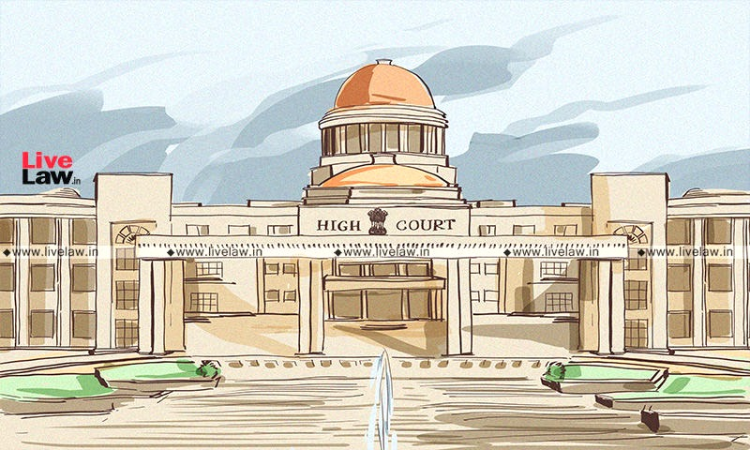"Even Permanent NRIs Can Become PM/CM In India": Plea In Allahabad High Court Against Representation Of People Act, Reply Sought
Sparsh Upadhyay
4 Oct 2021 6:40 PM IST

Next Story
4 Oct 2021 6:40 PM IST
A plea has been moved before the Allahabad High Court challenging the constitutional validity of 3 provisions of the Representation of the People Act,1950 contending that they are violative of Articles 14 and 326 of the Constitution of India.Hearing the plea, the bench of Justice Devendra Kumar Upadhyaya and Justice Ajai Kumar Srivastava-I today issued notice and sought a reply from the...
